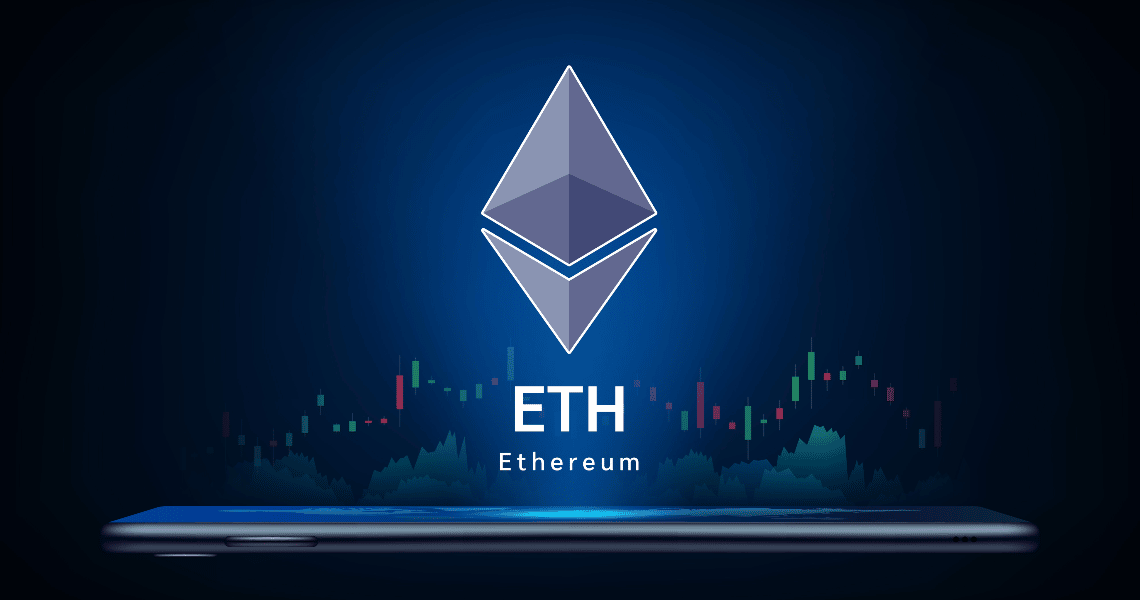|
Getting your Trinity Audio player ready...
|
Understanding Ethereum gas fees is essential to using the Ethereum blockchain, and it’s important to make sure you’re aware of their implications before executing a transaction.
But how does this gas work and for what purpose? Let’s dive in
What Is Gas (Ethereum)?
Ethereum gas fees are the fees that users pay to have their transactions processed on the Ethereum network. the fees are paid in Ether (ETH), the native cryptocurrency of Ethereum.
Gas is used to pay validators for the resources needed to conduct transactions. these fees are necessary to incentivize miners to process transactions on the Ethereum network.
The amount of gas required for a transaction depends on the complexity of the transaction. For example, a simple transaction like sending ETH from one address to another will require less gas than a transaction that involves interacting with a smart contract.
Gas fees are also affected by the network’s congestion. When the network is congested, gas fees tend to be higher. This is because there are more transactions competing for miners’ attention.
Transaction fees are an essential incentive that encourages more users to run blockchain nodes. Whether a digital currency uses a proof-of-work (PoW) or proof-of-stake (PoS) consensus mechanism, every transaction involves a fee
How Do Ethereum Gas Fees Work?
When you make a transaction on Ethereum, you specify the amount of gas you are willing to pay. The miner who processes your transaction will be the one who offers the lowest gas price.
The gas price is measured in gwei, which is a smaller unit of ETH. One gwei is equal to 0.000000001 ETH.
For example, if you specify a gas price of 50 gwei, you are willing to pay 0.0000005 ETH for your transaction to be processed.
The miner who processes your transaction will then add your transaction to the Ethereum blockchain. Once your transaction is added to the blockchain, it will be processed and your funds will be transferred.
How to Reduce Ethereum Gas Fees
There are a few things you can do to reduce Ethereum gas fees:
- Use a less complex transaction: If you can, try to use a less complex transaction. For example, if you need to send ETH from one wallet to another, you can use a simple transfer transaction. This will require less gas than a transaction that creates a new smart contract.
- Use a gas price estimator: Before you send a transaction, you can use a gas price estimator to see how much you will need to pay in gas fees. This will help you avoid overpaying for gas fees.
- Wait for a less busy time: If you can, try to send your transaction during a less busy time. This will help you avoid paying high gas fees.
Why Do I Have to Pay a Gas Fee?
The Ethereum gas fee exists to pay network validators for their work securing the blockchain and network. Without the fees, there would be few reasons to stake ETH and become a validator. The network would be at risk without validators and the work they do.
Conclusion
Ethereum gas fees are a necessary part of using the Ethereum network. However, there are a few things you can do to reduce your gas fees. By understanding how gas fees work, you can make informed decisions about how to use the Ethereum network.
Also read What is an Ethereum Virtual Machine (EVM) and how does it work?
Additional Questions
Here are some additional questions that you may have about Ethereum gas fees:
- Does Bitcoin have gas fees?
The term “gas fee” was first used in Ethereum. hense most people don’t refer to the transaction costs on Bitcoin’s blockchain as “gas fees.” Instead, it’s more common to refer to Bitcoin’s fees as either “network fees” or “miner fees.”
The amount paid in BTC network fees depends on the size of your transaction and how congested the network is meaning If you’re sending more than one BTC during a busy time, you should expect higher transaction fees.
Bitcoin fees are measured in “satoshis,” which refers to the smallest unit of a Bitcoin. One satoshi equals 0.00000001 BTC.
- Are crypto gas fees the same as network fees?
Although crypto gas fees are technically “network fees,” most crypto enthusiasts don’t use these terms interchangeably. In most instances, “network fees” refer to the transaction costs people pay on non-smart contract blockchains.
Network fees serve the same purpose as crypto gas fees, but they aren’t associated with smart contracts or Web3 dApps. For instance, Bitcoin’s network fees help compensate the BTC miners who secure Bitcoin’s blockchain.
Bitcoin is the primary cryptocurrency associated with network fees, but you’ll need to pay these fees on any blockchain. For instance, cryptos like Litecoin, Dogecoin, and Bitcoin Cash all charge network fees
- What is the difference between gas and gas prices?
Gas is the amount of computational resources required to process a transaction on the Ethereum network. Gas price is the amount of ETH that you are willing to pay per unit of gas.
- How are gas fees calculated?
Gas fees are calculated by multiplying the gas price by the amount of gas required for a transaction.
- How can I check the current gas price?
There are a number of websites that allow you to check the current gas price. One popular website is Etherscan.
- What is the average gas price?
The average gas price varies depending on the time of day and the network’s congestion. However, the average gas price is typically around 50 gwei.
- What is the maximum gas price?
The maximum gas price is 100,000,000 gwei. However, it is not recommended to specify a gas price that is this high.
- What happens if I specify a gas price that is too low or too high?
If you specify a gas price that is too low, your transaction may not be processed. This is because miners will prioritize transactions that offer a higher gas price.
If you specify a gas price that is too high, you will pay more for your transaction than you need to.
I’m the cryptocurrency guy who loves breaking down blockchain complexity into bite-sized nuggets anyone can digest. After spending 5+ years analyzing this space, I’ve got a knack for disentangling crypto conundrums and financial markets.



